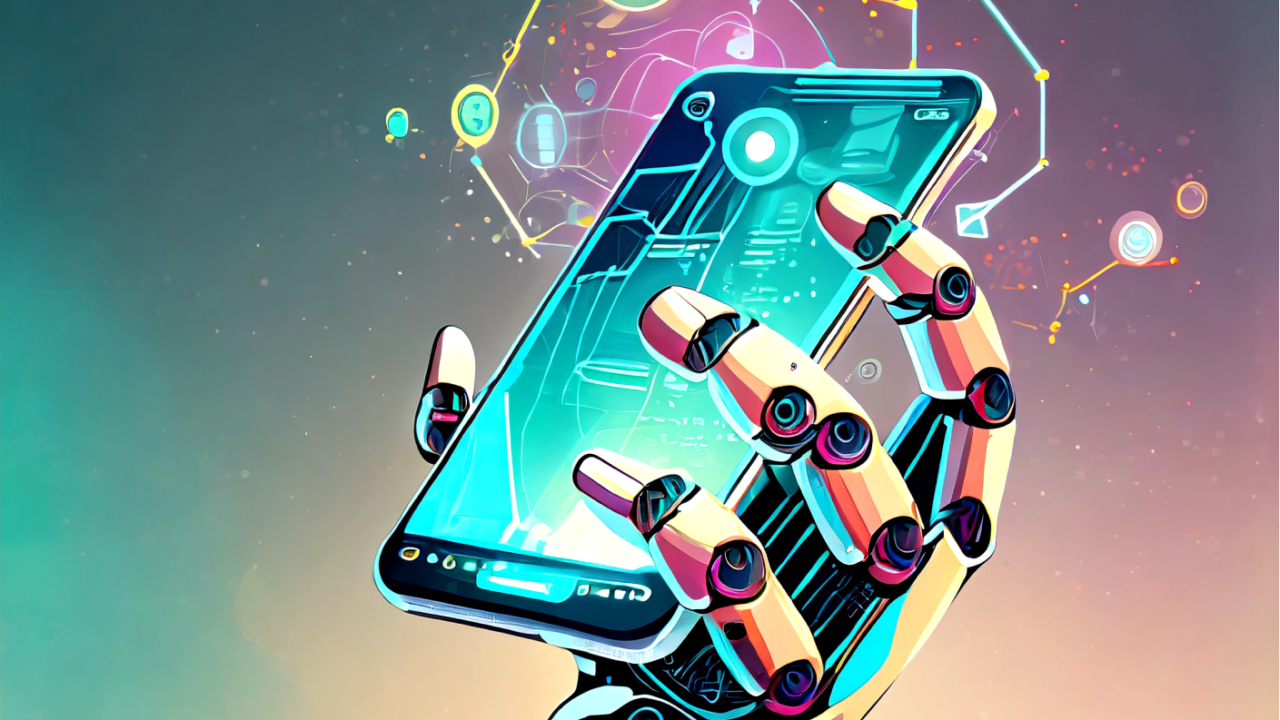As we stand on the brink of technological evolution, artificial intelligence (AI) is not just knocking on the door; it’s ready to redesign the house. AI’s rapid advancement promises to revolutionize industries, streamline processes, and, inevitably, reshape the job market. While this digital dawn heralds efficiency and innovation, it also casts shadows on certain professions. Let’s explore ten jobs that might find themselves on the endangered list in the AI era, and ponder what the future holds for the workforce.

1. Customer Service Representatives
Gone are the days of waiting on hold to speak with a customer service agent. AI chatbots and virtual assistants, with their ability to provide instant, 24/7 support, are increasingly taking the helm, offering solutions without the need for human intervention.
2. Telemarketers
The persuasive power of telemarketers is set to be outdone by AI algorithms that can analyze vast amounts of data to identify and target potential customers more effectively, without the need for coffee breaks.
3. Bookkeepers and Accountants
AI’s knack for numbers makes it perfectly suited for automating financial tasks, from data entry to complex tax calculations, potentially rendering traditional bookkeeping and accounting roles obsolete.

4. Manufacturing Workers
The manufacturing sector has long been a playground for automation. AI, with its capabilities for precision and efficiency, is poised to take over more roles, from assembly line jobs to quality control, leaving less room for human error but also human employment.
5. Retail Workers
The retail apocalypse isn’t just a buzzword; it’s a reality accelerated by AI. From self-checkout kiosks to AI-powered inventory management, technology is reducing the need for human staff in brick-and-mortar stores.
6. Delivery and Courier Services
The rise of drones and autonomous vehicles for delivery services could soon make the sight of delivery personnel a nostalgic memory, as AI promises faster and more cost-effective solutions.

7. Travel Agents
AI-driven platforms and apps offer personalized travel planning experiences, scouring the internet for the best deals and itineraries, making the traditional travel agent increasingly redundant.
8. Newspaper Reporters
In an age where news breaks on Twitter feeds, AI algorithms are not only aggregating news but also creating content. AI can write basic reports and news stories, challenging the role of human reporters in a fast-paced media landscape.
9. Bank Tellers
Digital banking and AI-driven customer service platforms are making the physical act of going to the bank a thing of the past. AI can handle transactions, answer queries, and even offer financial advice, reducing the need for human tellers.
10. Film and Video Editors
AI and machine learning algorithms are making strides in the creative industries, including film editing, where they can analyze footage, select the best shots, and even suggest edits, potentially streamlining the post-production process.

Embracing Change and Navigating the Future
While the prospect of job displacement by AI can seem daunting, it also opens avenues for innovation and new career paths. The key to thriving in this AI-augmented future is adaptability. Emphasizing skills that AI can’t replicate—creativity, emotional intelligence, and critical thinking—will be crucial. Additionally, lifelong learning and upskilling in tech-savvy domains will become more important than ever.
A Future Forged Together
The AI revolution is not a zero-sum game where machines win, and humans lose. Instead, it’s an opportunity to redefine the essence of work, focusing on uniquely human attributes and creating a symbiotic relationship between man and machine. As we navigate this uncharted territory, let’s view the future not with apprehension but as architects of an era where technology amplifies human potential, crafting a world where everyone has a role to play.
By Stanislav Kondrashov



